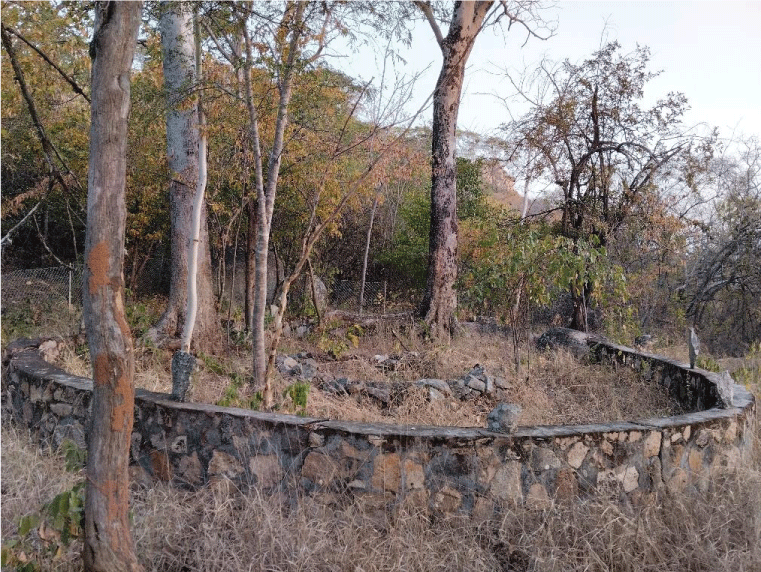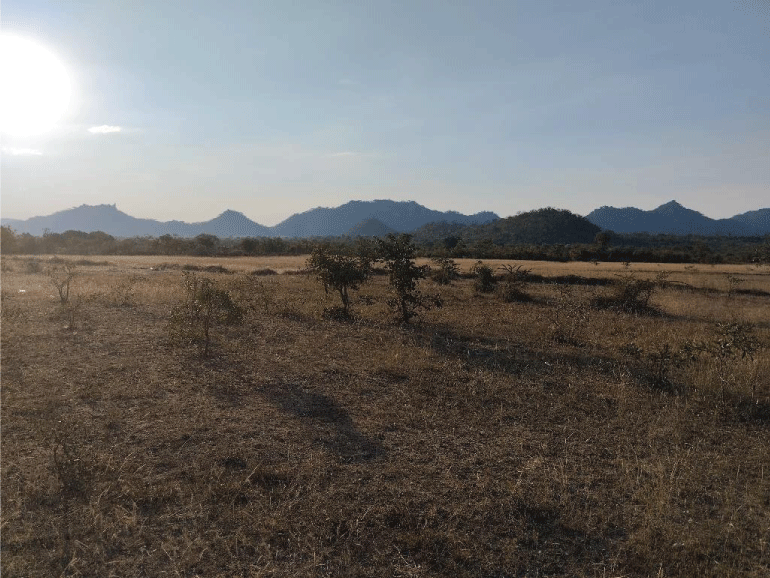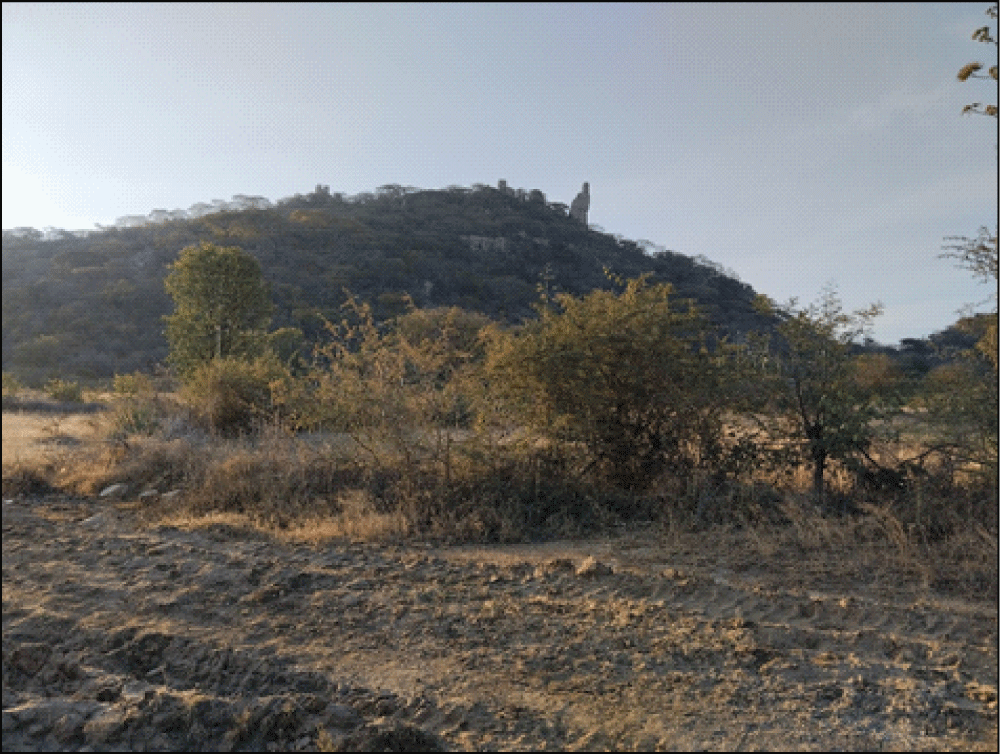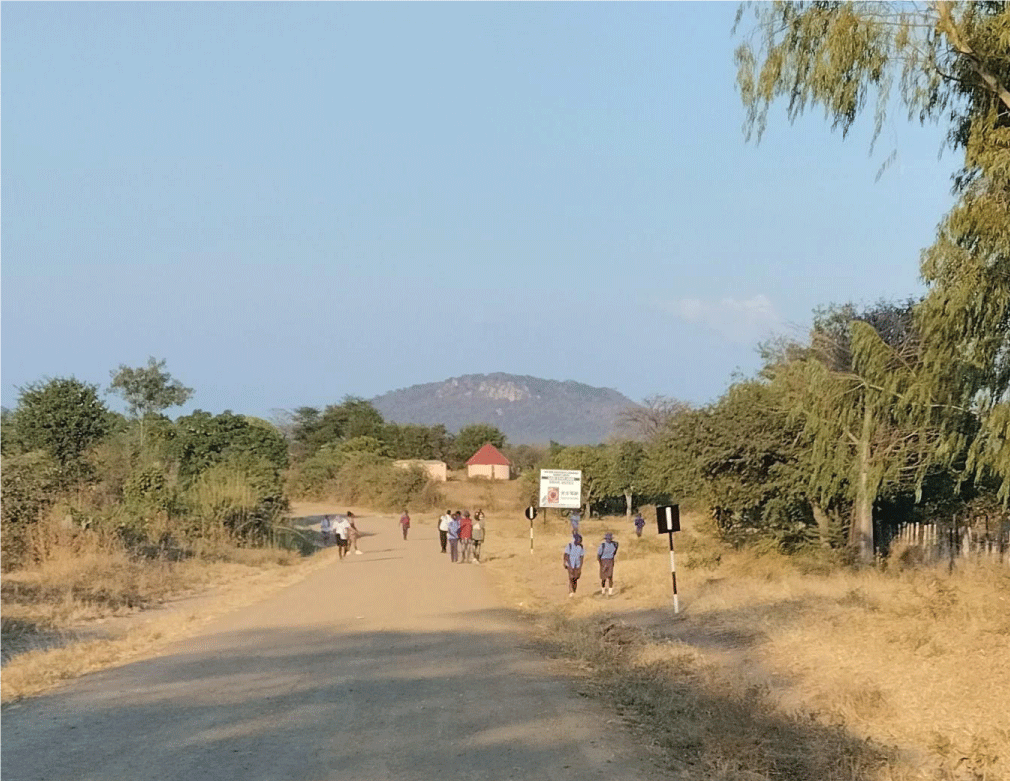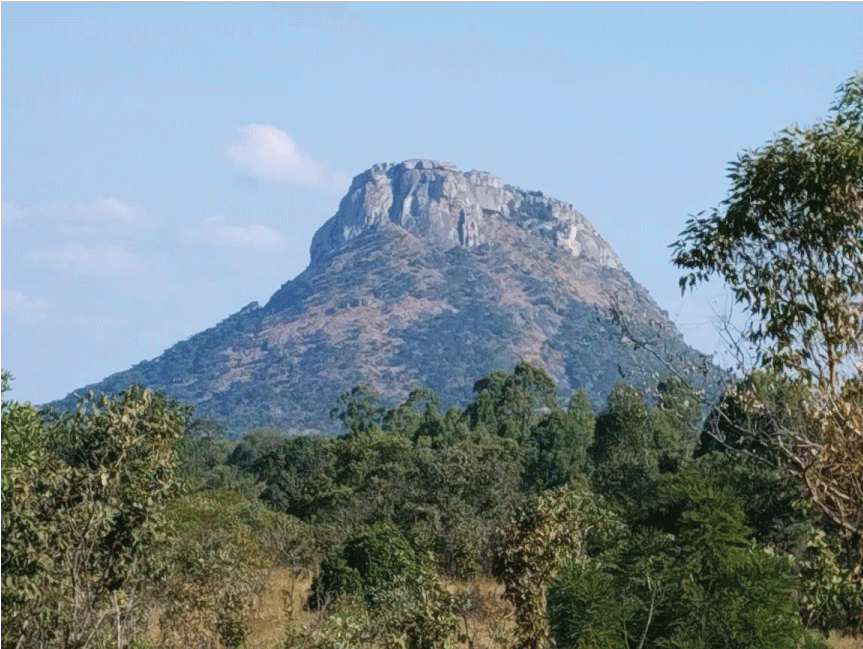Abstract
Since time immemorial, Indigenous communities have always perceived the landscape as a complex web of living, physical, and spiritual things. These communities have always relied on their Indigenous knowledge systems (IKS), emphasizing ancestral burial grounds, mountains, caves, rivers, pools, forests, monuments, and other cultural diacritics as symbols of place identity. In addition, myriad metaphors like taboos, legends, tales, folklore, myths, proverbs, stories, and practices, also constituted an integral part of Indigenous cultural and nature connections. This heritage was constantly imagined and configured to cement human-nature relations. However, the advent of colonialism severely violated this status quo, thereby causing deep environmental, political, and social crises. Through imposing a hegemonic scientific paradigm, knowledge compartmentalization, and capitalist aggrandizing practices, the original harmonious human-nature praxis premised on IKS was disrupted. To this day, the exclusionary colonial legacy and poisoned ‘sense of place’ remains our greatest threat to climate and environmental stability. Thus, this paper advocates for the recentralization of IKS as a valid way of knowing with already inbuilt human and natural disaster management solutions. By pivoting Rozvi narratives premised on five mountains, namely; Manyanga in Bubi district, Mavangwe, MunwewaMwari and Bepe in Buhera district, and Mutikwiri in Maungwe near Rusape town, all situated in former Butua/Guruuswa regions of Zimbabwe as case studies, the power of ancient wisdom as a holistic epistemic approach towards sustainable human-nature relations is explicated.





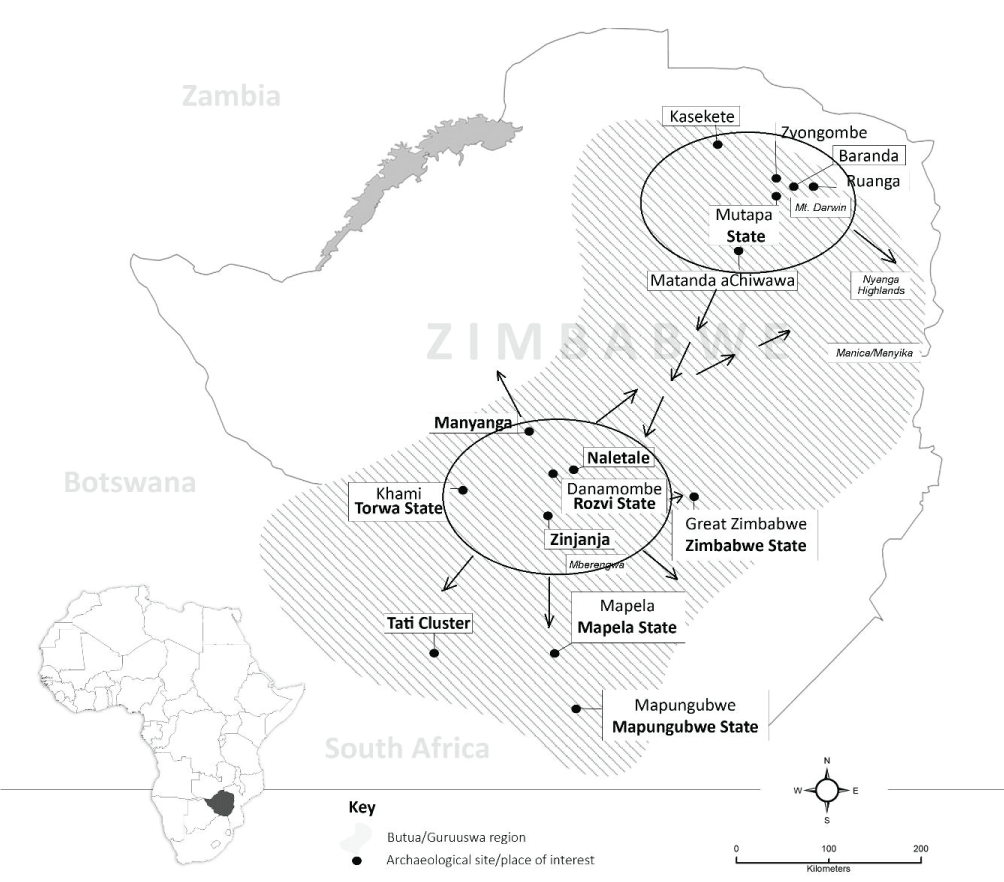

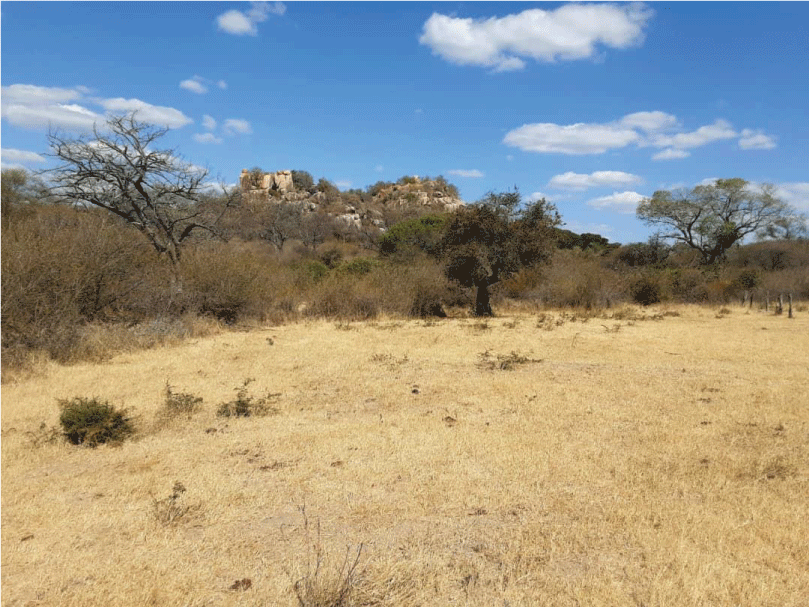
![Map showing cultural finds around Mavangwe, MunwewaMwari and Bepe Hills [45].](https://www.igminresearch.com/articles/figures/igmin130/igmin130.g005.png)
